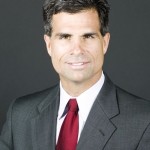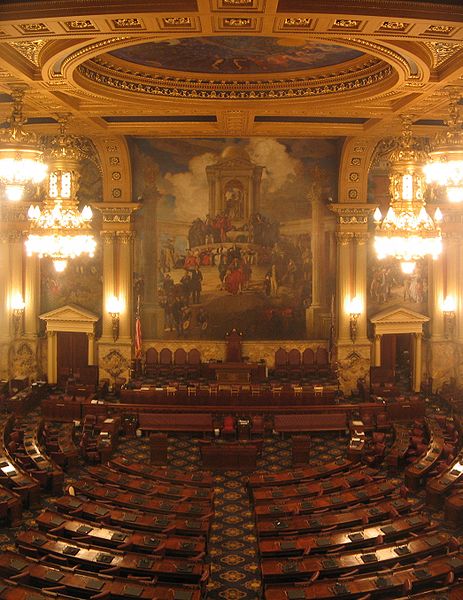Online Purchases Dominate Revenue Department Budget Hearing
E-commerce has muddied the waters of an already complex tax code here in the Keystone State, and Revenue Secretary Dan Meuser did his best to clear things up during Appropriations Hearings on Tuesday.
There’s some overlap between two big Department of Revenue priorities in 2012. First, the state is compelling online retailers with a physical presence in PA to collect and remit sales taxes. Pennsylvania consumers are also being encouraged to report the use tax that is due for online purchases when the sales tax is not collected.
“We’re not interested in new taxes,” Secretary Meuser told the Senate Appropriations Committee. “We’re about enforcing the laws that exist.” Combined, the two initiatives are expected to add $49-million dollars to the state’s balance sheet.
Online retailers have been given until September 1st to comply with state nexus laws, while line 25 on the PA-40 tax form will capture consumers’ attention this year. It allows you to report your use taxes for all of those taxable items you may have bought online in 2012. If you don’t have complete records of your purchases, the instructions even provide you with a table through which you can estimate the use tax that is due.
For instance, a tax filer who made between $15,001 and $30,000 dollars in taxable income would pay an estimated $12 dollars in use tax (assuming they don’t live in Philadelphia or Allegheny counties, where the sales & use taxes are higher).
“90% of people pay their taxes in a voluntary, compliant manner,” Meuser says. “So our approach is aggressive education if you will, informing in many many ways.” He tells lawmakers that consumers’ self-reporting of use taxes is expected to account for $7-million of the $49-million dollar figure.




